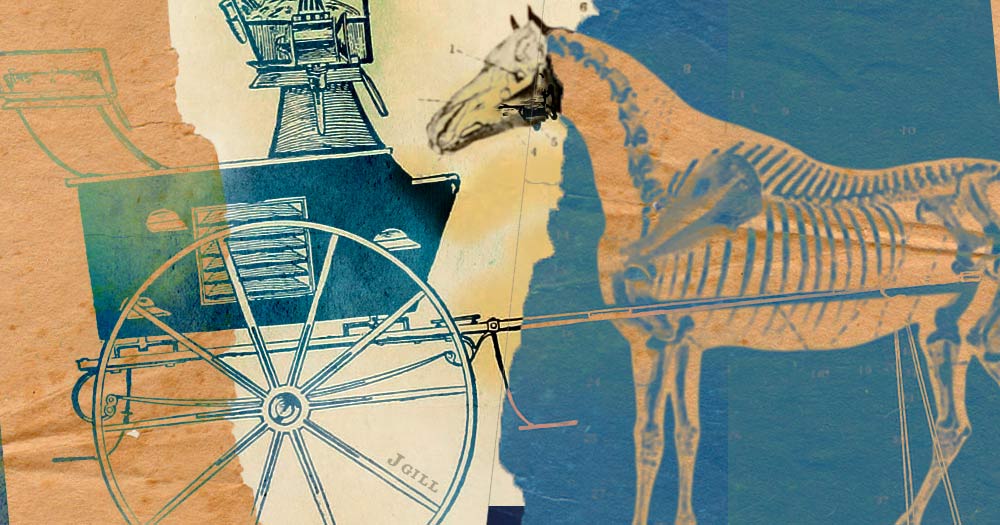Obamacare may be on the way out.
According to The Atlantic, “the powers of the incoming Health and Human Services secretary are broad enough to cripple the [Affordable Care Act] so it has to be replaced.” Which is significant since the new President has just “signed an executive order empowering his administration’s agencies to do all they can — within the bounds of the Affordable Care Act — to undercut that law.”
The Atlantic’s Vann R. Newkirk II suggests this is … “ironic.” The executive leeway Trump is taking is not without precedent. “The irony of that component,” he writes, “is that it rests on precedent set by the Obama administration, which used executive and regulatory power liberally to make the law work in the face of Republican opposition.”
Irony? How about chickens returning to the home roost?
Obamacare itself undermined Obamacare. The plan, from the beginning, was so gimcrack with hidden redistribution that, to both opponents and proponents, it was designed to fail … to usher in the Glorious Era of socialized medicine.
Since Obamacare increased “insurance” costs for hundreds of thousands of previous insurance policy holders, and increased medical costs generally, too, it actually discouraged participation from the healthiest, many of whom would rather pay the exorbitant fines, er, “taxes.” Throwing the insurance industry into a death spiral.
So, putting the system out of our misery sooner seems sensible.
But Congress and Trump cannot stop there. Either they repeal more federal regulation and subsidy*, or keep parts of Obamacare, despite a lack of financial stability. A new bill in the Senate promises to do the latter.
We haven’t seen much hint of the former.
But can hope. Audaciously.
This is Common Sense. I’m Paul Jacob.
* To let markets work. Note that The Atlantic tends to miss the point of Obamacare critics. In describing more market-based options, the magazine characterizes the Medical Health Savings Account approach as “For people sick of high deductibles, Republicans offer high-deductible plans as replacements for Obamacare.” The idea is to incentivize people to pay for their own care, which would bring costs down generally.











